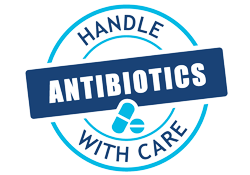Communicable diseases
Socioeconomic, environmental and behavioural factors, as well as international travel and migration, foster and increase the spread of communicable diseases. Vaccine-preventable, foodborne, zoonotic, health care-related and communicable diseases pose significant threats to human health and may sometimes threaten international health security. In cooperation with governments, WHO/Europe develops norms and standards, guidance and public health tools to help countries implement effective disease prevention and control programmes and address their risk factors.
WHO/Europe progress challenge communicable disease public healthTopics in this category
Top story
 12 researchers in WHO European Region awarded grants for research on TB and COVID-19
12 researchers in WHO European Region awarded grants for research on TB and COVID-19
12 research projects from the WHO European Region are being funded by the UNICEF/UNDP/World Bank/WHO Special Programme for Research and Training in Tropical Diseases (TDR) following a call to identify and address barriers and bottlenecks to implementing tuberculosis-related services in the Region during the COVID-19 pandemic.
Publications
 United Nations common position on ending HIV, TB and viral hepatitis through intersectoral collaboration (2018)
United Nations common position on ending HIV, TB and viral hepatitis through intersectoral collaboration (2018)
Multimedia
New guidelines on the use of antiretroviral drugs for treating and preventing HIV infection
More HIV/AIDS multimedia














